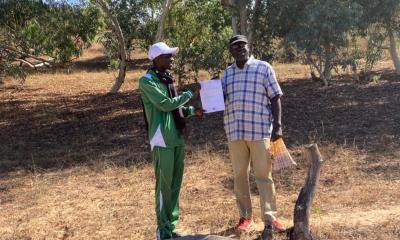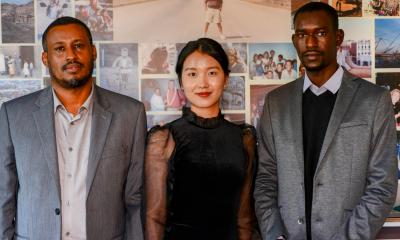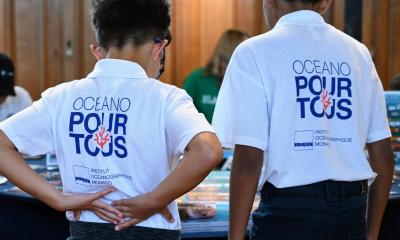Cuomo Foundation supports new research programme on deforestation impact on Gran Chaco in South America
2022 Jun 02
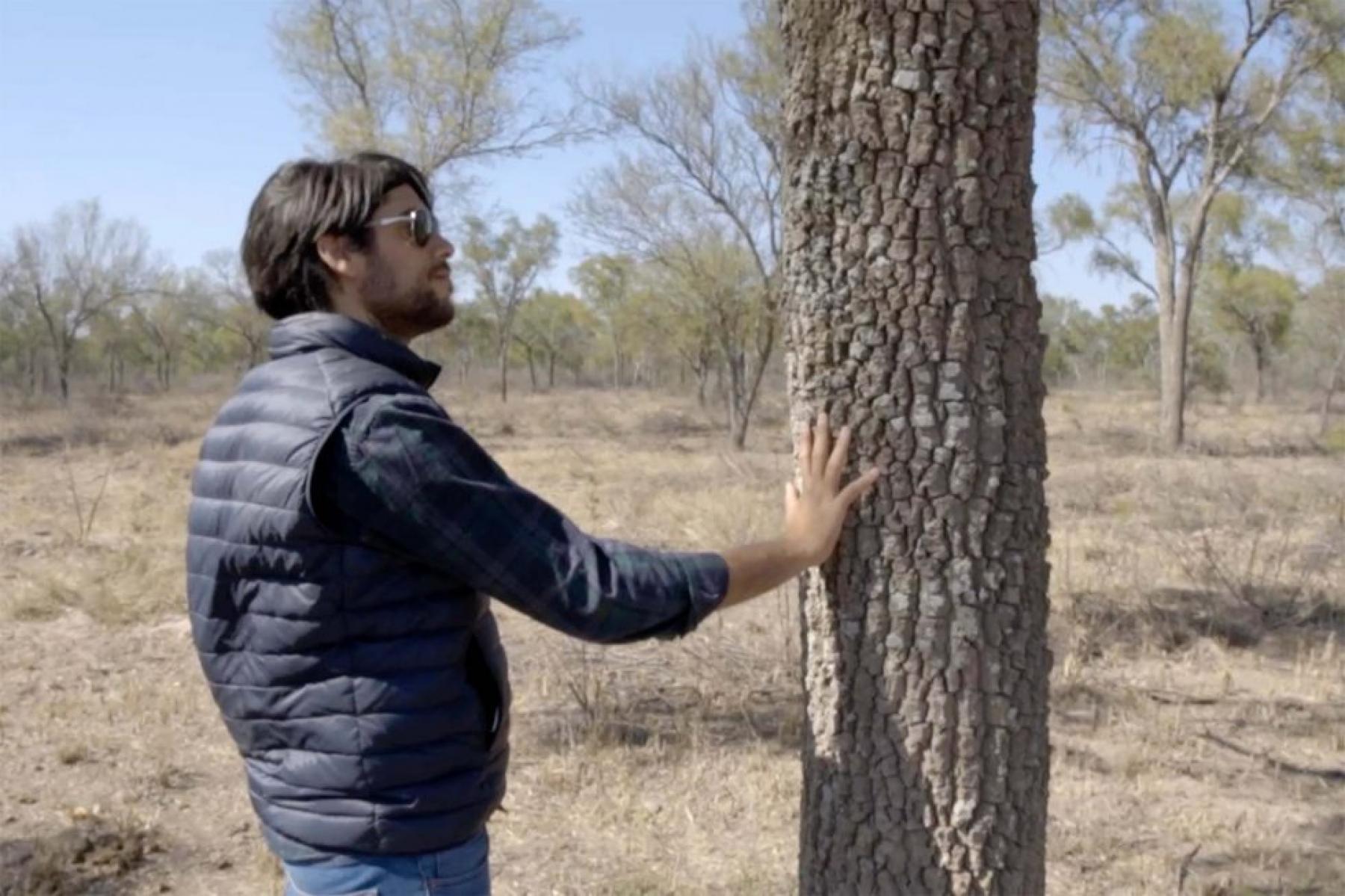
A project initiated by Dr Pedro Fernandez, an Argentine climate change researcher and recipient of the IPCC scholarship Programme 2019-2021
The Gran Chaco spans about 250,000 square miles in Argentina, Paraguay, Bolivia, and Brazil—making it the largest dry forest in South America. It is second in size and biodiversity to the endangered Amazon rainforest and has been facing rapid deforestation over recent years due to intensive cattle raising and the advance of genetically-modified soy production.
Dr Pedro Fernandez, an Argentine climate change researcher and recipient of the Cuomo Foundation and the Prince Albert II of Monaco Foundation’s IPCC scholarship Programme 2019-2021, is currently conducting post-doctoral research titled “Understanding the geography of cattle ranching in South America’s dry forests.” The project, directed by Prof. Tobias Kuemmerle of Humboldt University, Berlin, will address one of the region’s most pressing ecological issues:
finding a balance between economic growth and ecosystems in the Gran Chaco, Latin America’s second largest biome after the Amazon.
The Cuomo Foundation has agreed to support this initiative as part of its ongoing commitment to assisting former IPCC recipients in becoming more knowledgeable in their professional scientific disciplines and encouraging them to apply that knowledge to the benefit of mankind. The Cuomo Foundation will fund this project for the next two years.
The project’s launch summary report, by Dr Pedro Fernandez, is available below.
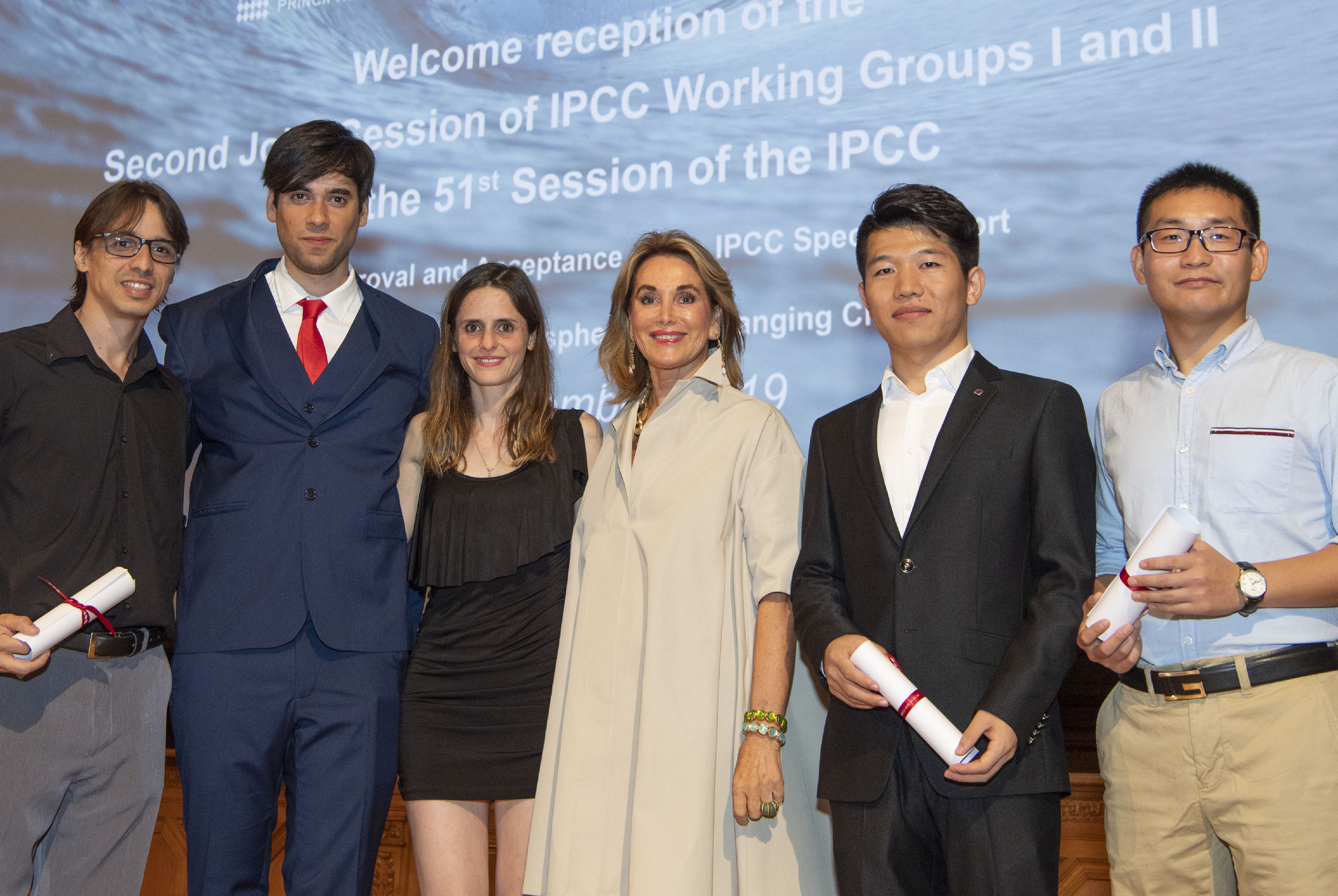
Understanding the geography of cattle ranching in South America’s dry forests
By Dr Pedro Fernandez
How can we improve the environmental and productive performance assessment of cattle ranching? How can we reduce the environmental trade-offs of this prominent land use? What is the role of this activity in South America’s dry forests? All these questions remain poorly answered despite the relevance of cattle ranching in South America.
In particular, the tropical dry forests and savannas of South America are hotspots of deforestation and biodiversity loss, yet these ecosystems are ignored in both research and policy making. Cattle ranching, a crucial economic activity in these areas, is the main driver of deforestation. However, it is unclear how to align livestock with environmental integrity to encourage more sustainable land use. This project will address this knowledge gap in the dry diagonal of South America, which encompasses the Caatinga, Cerrado, Chiquitania and Chaco Seco ecoregions.
In these large and threatened regions, we will identify for the first time the typology of livestock systems. Second, we will integrate existing and novel spatial indicators to map these livestock systems, unraveling the geography of their distribution and environmental impact. Third, the project will focus on the Argentine Chaco, the dry forest that has changed most dynamically in the last twenty years, to reconstruct the dynamics of ranching up to the 1980s and assess greenhouse gas emissions related to the expansion of the livestock sector. Finally, we will analyze the trade-offs between livestock production and carbon storage at different scales, from the level of pastures to ranches to entire regions. This will uncover opportunities for reducing trade-offs between production and the environment, as well as entry points for policy development and planning.
This project will be developed during two years at the Biogeography Laboratory of the Humboldt University- Berlin, where Prof. Tobias Kuemmerle is principal investigator, and will be under the direction of Dr. Pedro Fernandez, former IPCC and CUOMO fellow. The project will be strongly funded by the CUOMO FOUNDATION, and co-funded by HU and the National Institute of Agricultural Technology of Argentina. The information generated over the next two years will make important contributions to land systems science and sustainability science by better understanding livestock and their environmental impacts, and the conjunction of the objectives developed will provide a step change in our understanding of land use change and its impact on the neglected tropical dry forests and savannas of South America.
Most importantly, the project will be carried out from the outset together with key stakeholders and will provide policy-relevant information in each work package, which I will disseminate widely.
A documentary feature by Pedro Fernandez on the implemntation of silvopastoralism in the Gran Chaco region, Argentina.
A Partnership Supporting our Youth and our Seas
2025 Jun 03


 Français
Français